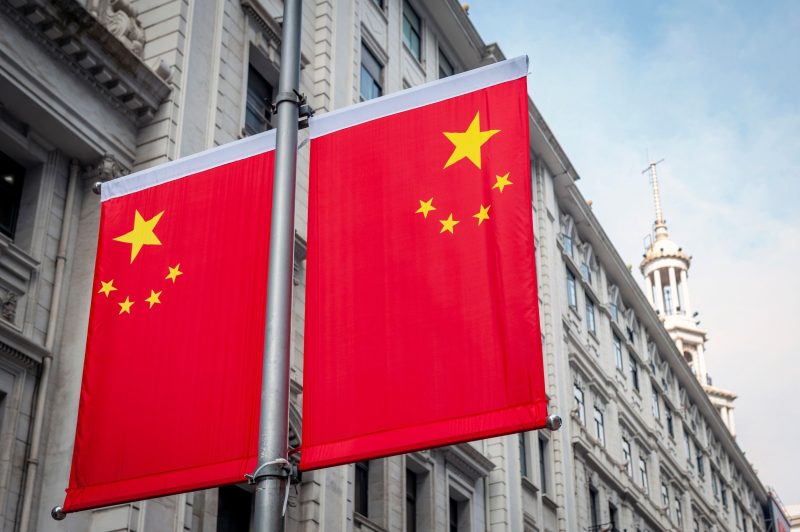China, aiming to restructure its economy and meet ambitious growth targets, has pledged to address overproduction challenges in its steel and oil sectors, according to a Bloomberg report.
These two industries, which are among the country’s worst-performing and most environmentally damaging, have been grappling with excessive output for a considerable period.
The Chinese government’s pledge to address this overproduction signifies a significant step towards aligning the country’s economic development with its environmental goals.
By curbing the surplus output in these sectors, China aims to enhance their efficiency, promote sustainable practices, and reduce their ecological footprint.
This move also reflects China’s broader strategy to transition from a manufacturing-driven economy to a more service-oriented and innovation-led model.
Additionally, China aims to create a more balanced and resilient economy that is capable of delivering sustained growth in the long run.
Energy use shifting in China
China’s National Development and Reform Commission announced cuts to steel output at the annual policy meeting in Beijing on Wednesday.
The country’s energy use is rapidly shifting due to the electrification of transport. As a result, the economic planning agency is urging refiners to reduce fuel production and increase the production of petrochemical products.
Commodity markets, already struggling with overcapacity and wary of the potential economic slowdown from a trade war with the US, showed little reaction to China’s ambitious spending plans.
Moreover, China has reaffirmed its commitment to economic growth by maintaining a GDP growth target of approximately 5% for the third consecutive year.
This objective is supported by ambitious fiscal policies, including the largest fiscal deficit target in over three decades and a pledge to increase local government bond issuance to unprecedented levels.
These measures, as outlined in work reports presented at the National People’s Congress, highlight the government’s proactive approach to stimulating economic activity and ensuring sustained growth amid a complex and evolving global economic landscape.
A top priority for policymakers will be to implement swift and effective measures to bolster domestic demand.
This could involve a multi-faceted approach encompassing fiscal stimulus, such as targeted tax cuts or direct spending on infrastructure projects, to inject money into the economy and encourage consumer spending and business investment.
Additionally, monetary policy measures, such as lowering interest rates or implementing quantitative easing, could be employed to make borrowing cheaper and stimulate economic activity.
China’s potential shift in spending priorities
The slight increase in benchmark copper prices and the simultaneous decrease in iron ore prices indicate a potential shift in spending priorities.
This shift appears to favor private consumption and new, innovative industries over state investment in traditional, heavy industries.
Copper, often seen as a bellwether for economic health due to its widespread industrial use, suggests a positive outlook for sectors like construction, electronics, and renewable energy.
These sectors are typically associated with private consumption and new economic development.
On the other hand, the decline in iron ore prices, a key ingredient in steel production, hints at a potential slowdown in state-driven infrastructure projects and heavy manufacturing.
The government has acknowledged the difficulties it has faced in transitioning to new growth drivers after a disappointing recovery from the pandemic.
This is evident in its unambitious goal for reducing energy intensity, which effectively abandons its five-year target.
The post Here’s why China has pledged to fix overproduction in steel and fuel appeared first on Invezz


